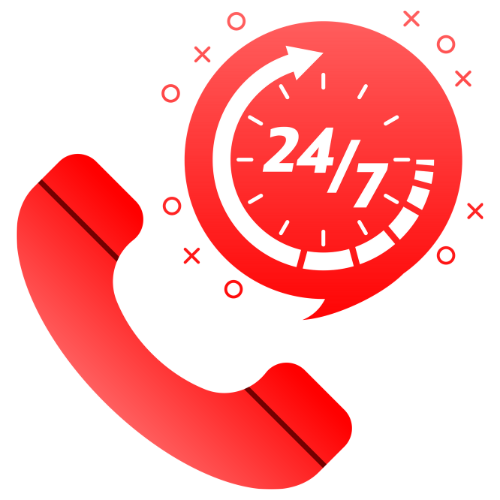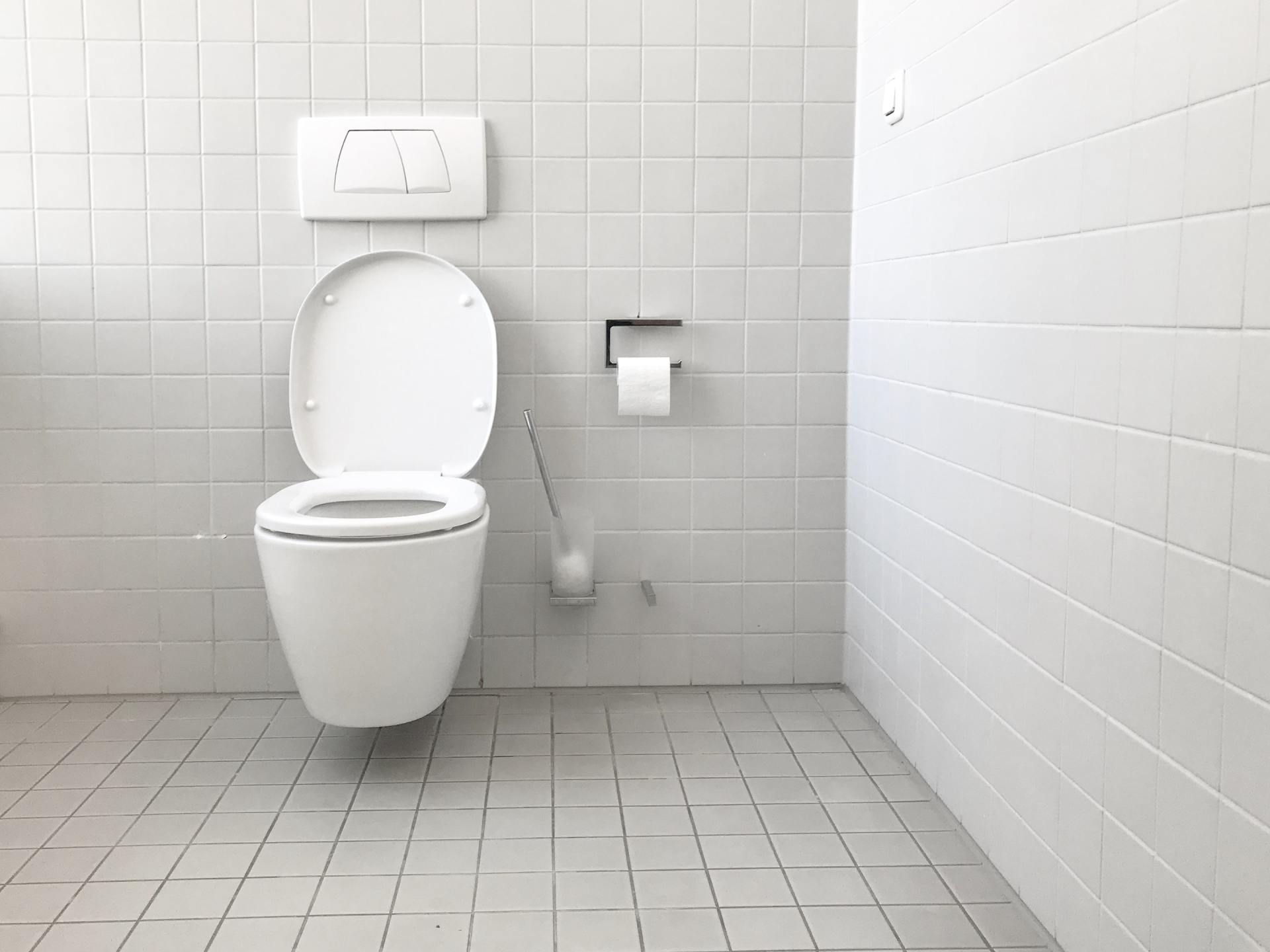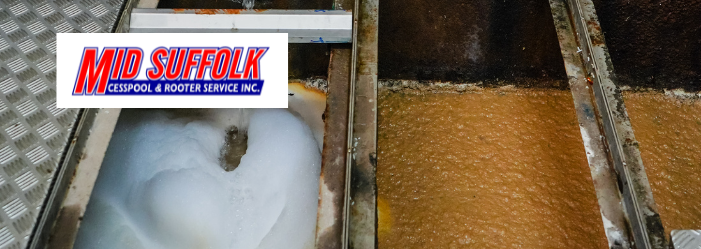Top Tricks to Reduce Your Sewage Bill
October 5, 2021
Top Tricks to Reduce Your Sewage Bill

If you're drowning in utility bills, you might be searching for methods to save money monthly. While the internet and cable TV may appear to be easy targets, your water & sewer bills might also run far more than required.Your water bill calculates the amount of water that comes into your house, whereas the sewage bill is the portion that is used and leaves through drains, toilets, etc. Your sewage bill will usually appear as a specific line item on your water statement from your water provider. The sewage bill will contain a minimum base fee and a commodities charge if you are a residential customer. If you're a business or industrial client, your statement may contain up to four different charges.Your water bill calculates the amount of water that comes into your house, whereas the sewage bill is the portion that is used and leaves through drains, toilets, etc. Your sewage bill will usually appear as a specific line item on your water statement from your water provider. The sewage bill will contain a minimum base fee and a commodities charge if you are a residential customer. If you're a business or industrial client, your statement may contain up to four different charges.If you want to lower your sewer bill, try out these tips!1. Fix Dripping FaucetsLeaky faucets may not appear to be apparent offenders since they barely lose a drop of water at a time. However, as time pass, those droplets build up. According to the US Geological Survey, a single drop per second from a leaking faucet can result in 2,082 gallons of wastewater each year. Fix them at the earliest.2. Wash Laundry CollectivelyYou might want to avoid washing a couple of T-shirts and a pair of socks in your washing machine. This will not only waste water but also cause extra wear and strain on your washer. To limit the number of times you have to run your machine, wash full loads of laundry.3. Take Fewer ShowersThe Environmental Protection Agency states that showers account for 17% of household water usage (EPA). At the moment, that lengthy, leisurely shower feels great, but it raises your water cost. Showers should be kept to five minutes or less, and frequency should be reduced.4. Wash Your Dishes EfficientlyAccording to the EPA, running your dishwasher consumes less water than hand-washing your dishes. If you don't have a dishwasher, close the drain and fill the sink with soapy water instead of letting the water run.5. Install Water-Saving ShowerheadsYou may wish to invest in a low-flow or high-efficiency shower head if your current showerheads are inefficient or if you've never updated them. According to the federal Energy Policy Act of 1992, showerheads must have a flow rate of 2.5 gallons per minute or less.6. Install Toilets That Use Less WaterAccording to the EPA, modern, efficient toilets may consume less than 1.3 gallons per flush. While early low-flow toilets received a bad name, today's toilets have addressed the performance concerns that plagued earlier versions. If your toilet has to be replaced, a low-flow type might help you save money on your water bill.These are some practical techniques you can apply in your day-to-day life to help reduce the sewer and water bills. Our specialists at Mid Suffolk Cesspool can help you assess your water use and identify areas where you may save money. Connect with us today if you face any issues with your sewer system, and let us assist you via professional advice, installations, repair, or maintenance.
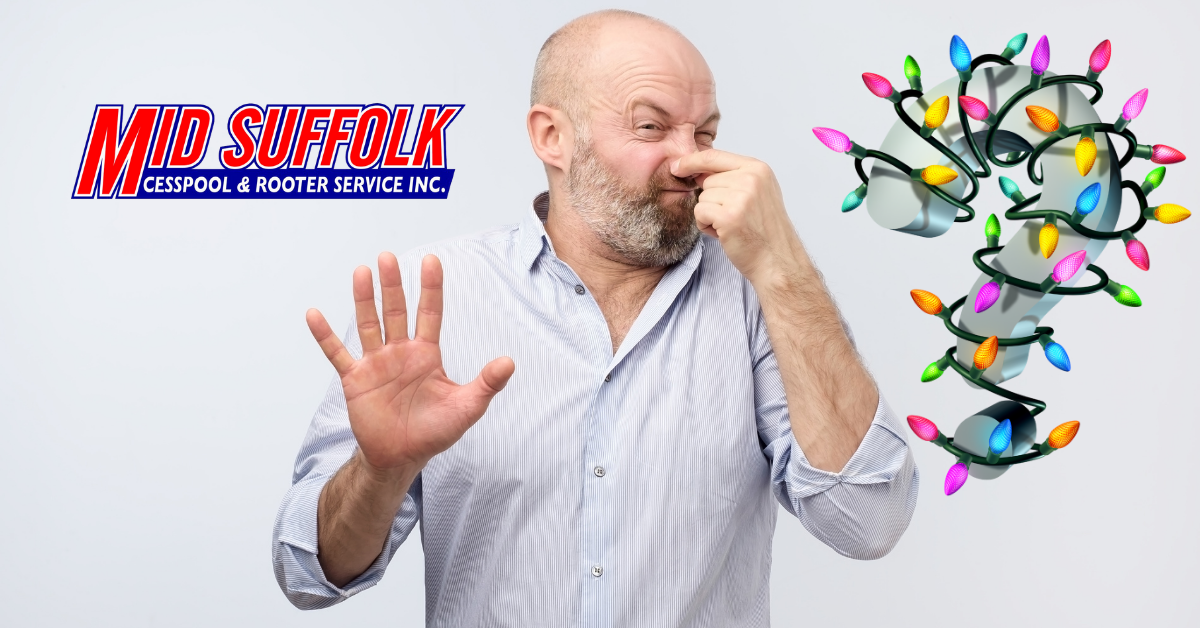
The best thing you can do to prevent overflows is to keep your cesspool clean. Instead of lifting the lid to check and letting noxious gas escape, you can install an alarm that warns you when the cesspool is at a certain capacity.
Be proactive. Contact us and get your cesspool cleaned out before the holiday season takes over!

Cesspool septic systems are built to last, but sometimes they can run into issues, especially if they aren’t pumped every few years. If you are noticing signs of a cesspool emergency, such as water coming back up through the drains in your house, it’s important to know what to do (and what not to do).

It’s summertime… the weather is hot, the air is humid, and severe thunderstorms are rolling across the nation. Perhaps your septic maintenance is the last thing on your mind. If so, we’d like to change that! With the extra humidity and rainfall that occurs in the summer, you need to make sure your septic system is in good condition. Otherwise, you risk getting into a very stinky situation.
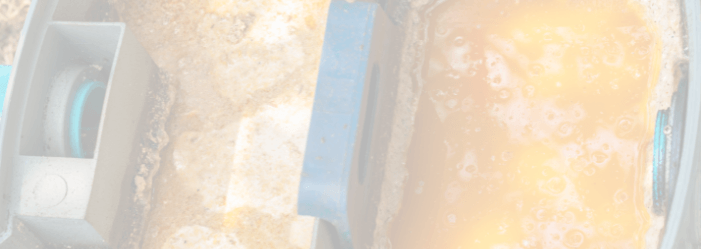
Grease traps are an important part of any business offering food, baked goods, or related services. When working in the food industry, whether you’re a restaurant or bakery owner, you deal with many fats and oils. Grease traps may be standard equipment there to help you stop grease in your wastewater, but it has a lot of importance to your business.

When your home has a septic tank, it’s crucially important to keep on top of routine maintenance. Otherwise, you run the risk of contamination and water damage. If the tank is not well looked after, you could end up having to pay a hefty price later down the line to fix any problems that come up.
But sometimes, even in spite of our best efforts, problems do arise. That said, you should learn how to identify common septic emergencies early on so that you can catch them before they become a major problem.
So, what is a septic emergency, and how can you spot them? If you want to find out, then read on
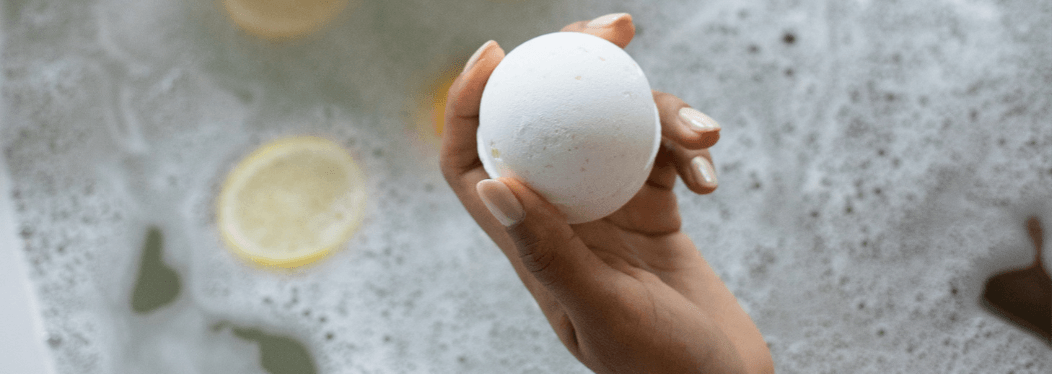
Bath bombs have long been a popular way of sprucing up your soak. Perhaps you received some bath bombs for Valentine’s Day, perhaps they were a birthday gift, or perhaps you just had a long week at work and decided to treat yourself. But before you fill up that tub, it might be worth considering what bath bombs could do to your plumbing.
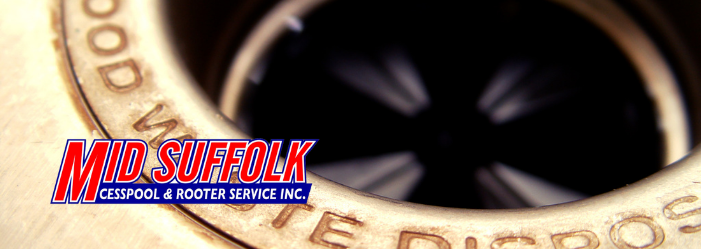
Having any plumbing problem at all is usually unpleasant, mainly because it happens at the least unexpected time. But it becomes even more frustrating when you accidentally cause the problem with your own two hands.
We all know that you’re not supposed to pour grease down the drain — but did you know that there are lots of cleaning products that are bad for your drain as well? If you want to avoid blocking your drain with the wrong cleaning solutions, read on!
